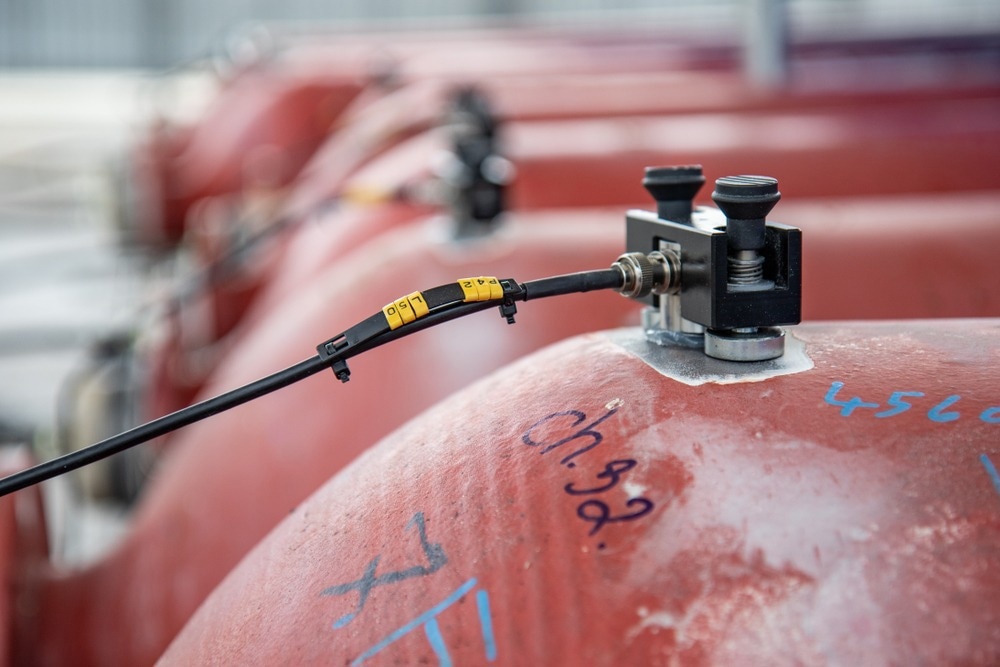One of the most potential energy sources for creating high-value compounds is methane, the primary component of shale gas, natural gas, and flammable ice. Due to methane molecules’ great symmetry and poor polarizability, it is still difficult to stimulate methane under benign circumstances.

Image Credit: High Simple/Shutterstock.com
Over extremely thin two-dimensional (2D) Ru nanosheets with lattice-confined Cu atoms, a research team headed by Professor Dehui Deng and Associate Professor Liang Yu from the Dalian Institute of Chemical Physics (DICP) of the Chinese Academy of Sciences (CAS) successfully obtained extremely effective room-temperature methane transformation to liquid C1 oxygenates.
On August 24th, 2022, this study appeared in Chem Catalysis.
Ultrathin 2D metallic nanosheets are potential matrix materials for enclosing heteroatoms in the lattice to provide active centers for methane activation. However, building efficient active sites for methane activation is difficult due to the controllable tailoring of the coordination environment for the restricted heteroatoms in the 2D nanosheets.
In this work, the scientists created the catalysts by squeezing Cu atoms into incredibly thin 2D metallic Ru nanosheets using a novel method of noble metal-induced reduction mechanism. This allowed for an extremely selective transformation of methane to liquid C1 oxygenates at ambient temperature.
They were able to produce liquid C1 oxygenates by precisely altering the concentration of the confined Cu atoms to enhance their coordination environment (CH3OOH and CH3OH) over the Ru11Cu catalyst to an extreme of 1533 mmol g-1Cu(surf.)h-1 with an over 99% selectivity using H2O2 as the oxidant.
Multiple spectroscopic analyses and first-principles measurements indicate that the bi-coordinated bridge-site oxygen species produced on the Ru edge-confined Cu sites could easily break the methane C-H bond with a relatively low energy difference, allowing the methane to be converted at room temperature using a free radical process.
This study provides a strategy for designing efficient catalysts by constructing edge-confined active centers in metallic nanosheets for the activation of C-H bonds in light alkanes.
Dehui Deng, Study Lead and Professor, Dalian Institute of Chemical Physics, Chinese Academy of Sciences
The National Natural Science Foundation of China, the Key Research Program of Frontier Sciences of CAS, and the China Postdoctoral Science Foundation all provided funding for the aforementioned research.
Journal Reference:
Fan, J., et al. (2022) Boosting room-temperature conversion of methane via confining Cu atoms in ultrathin Ru nanosheets. Chem Catalysis. doi.org/10.1016/j.checat.2022.07.025.